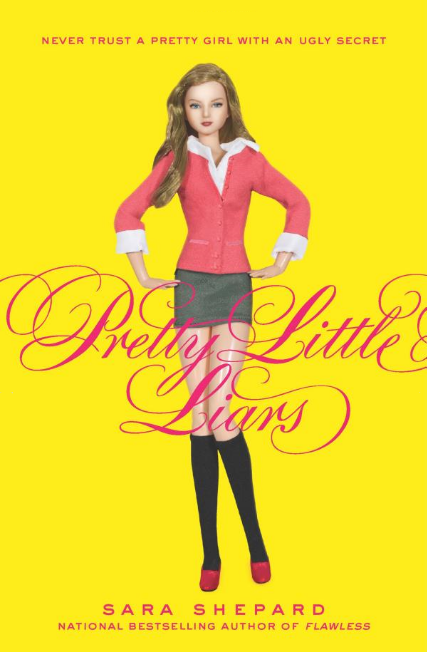Nina Frost is an interesting character in the novel, Perfect
Match. Her job as a district attorney would clearly illustrate her as a
superhero because of the lives she potentially saves. But when her own son is
the life in need of saving, she goes to the extreme and almost exceeds her role
of a hero. It is difficult to identify exactly which type of hero she is.
As a district attorney for rape and abuse cases, Nina Frost
sees dozens of children put through the ringer to punish their abuser. Frost is
completely thrown off when her own son is the victim. She is so traumatized,
she decides to take matters into her own hands. She kills the priest that is
accused of raping her son. This part of the book would demonstrate her being
the Anti-Hero. This archetype explains that the “protagonist lacks the
attributes or characteristics of a typical hero, but with whom the audience
identifies.” The audience hesitantly identifies with Nina Frost because she is
just a mother trying to protect her kid. Her morals are also a huge spotlight
of the book. She answers the question of how far can you go to protect the ones
you loved. Any mother that reads this book is faced with that reality. This
conversation between Nathaniel and his mother shows how much his mom meant to
him: “’You saved me,’ he said. Nathaniel put his hands on either side of my
face. ‘I had to,’ I said. ‘So you could save me back’” (267). The relationship
between a child and their mother is arguably the most important relationship in
the world. Nina Frost is convinced that she did the right thing. Later on, it
is found out that the DNA did not match up and Nina Frost killed the wrong man.
She killed an innocent priest. That is where it is difficult to say she is any
type of hero at all. She never tries to right her wrong, she almost goes off to
kill the real rapist. Her own husband struggles to support her after her crime:
“What about the things Nathaniel’s had to deal with because of what you did? I’m
not saying you did the wrong thing. I’m not even saying it wasn’t something I thought
of doing myself. But even if it was the just thing to do…or the fitting thing…Nina,
it still wasn’t the right thing” (290). Caleb, her husband, says what everybody
else is thinking. Most people think about doing unimaginable things, but that
is the extent of it. The difference between Nina and everyone else is she acted
on it which questions her role as a hero. The last line of the book justifies
Nina as a hero: “He needs us” (351). This is her telling her husband that her
son is in need. That is why she did what she did. Whether or not a person
agrees with it, she is convinced she helped her son in his time of need.
I would rate this book a 6 on a 1-10 scale. It is a good
story and it seems realistic until the end. I have a hard time believing a
court would let a murderer free. It is also the fourth Jodi Picoult book I have
read. Her style gets repetitive and the stories model off of each other. The
fact that I finished the book shows that it is decent because I really struggle
reading mediocre books.



